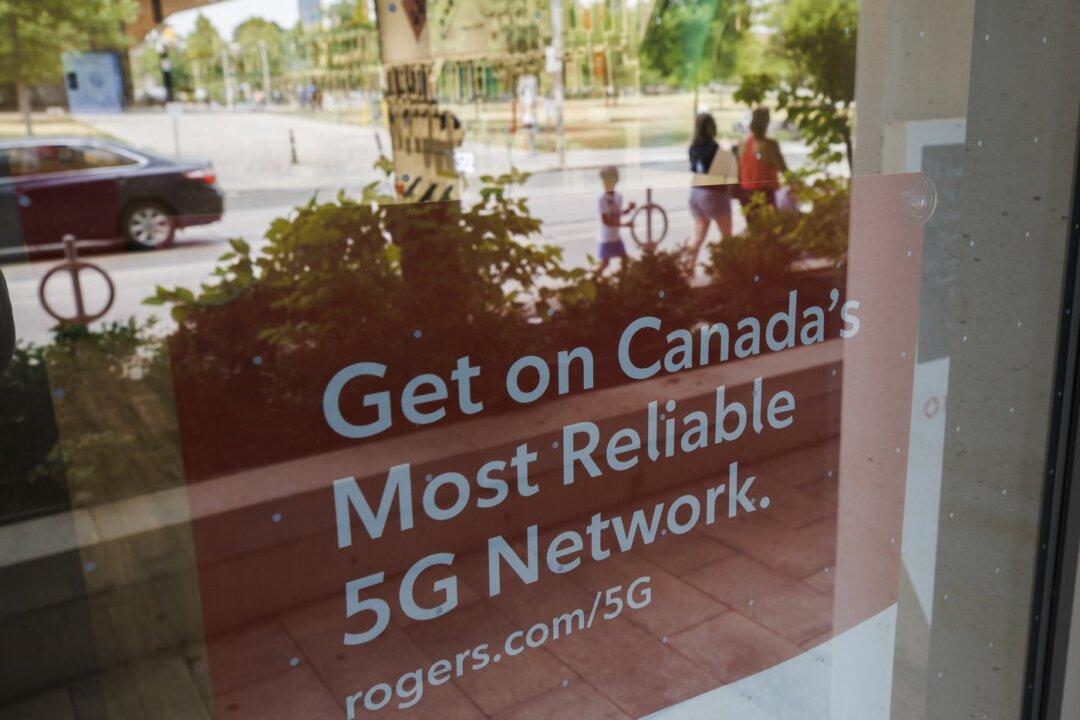A widespread Rogers Communications Inc. outage that caused trouble for 911 services, retailers and transit operators Friday had many warning the incident is a sign that monopolistic telecommunications companies need more competition.
“The outage is illuminating the general lack of competition in telecommunications in Canada,” said Vass Bednar, executive director of McMaster University’s master of public policy program.





